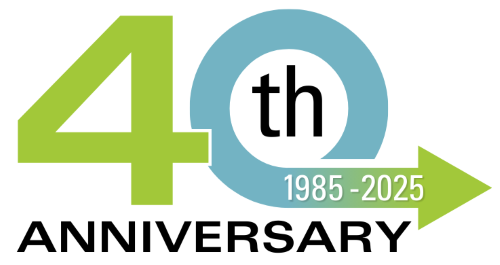Medical Offices and HIPAA Compliance
Medical offices in Portland and across the United States are constantly circulating and storing a large volume of sensitive data. This information might include records such as financial documents, employee records, and most notably, patient medical records. Legally, all businesses regardless of industry or professional background should have a secure document shredding process in place. This becomes an even greater importance for the medical and health industries, however, because of HIPAA regulations and fines which are continuously on the rise.
With the amount of patient and employee files that are found in a hospital, it’s no surprise that mistakes can quickly happen at any time. Even a small error made by one employee can result in patient information becoming exposed unknowingly. Patient records usually have enough personal details needed for a criminal to steal one’s identity, should the desire be there. The Health Insurance Portability and Accountability Act (HIPAA) was introduced exclusively to prevent occurrences like this, providing adequate security to patients and hospitals under the act.
According to HIPAA, healthcare companies must practice extreme measures to ensure patient medicals records are protected at all times. Failing to take these precautions could lead to government fines or even lawsuits by those individuals who are directly affected. Both scenarios are ones you do not want to deal with as a business owner; therefore, it’s necessary that your Portland medical office adheres to the specific privacy policies and regulations that are outlined under HIPAA.
Keep these simple steps in mind in an effort to remain compliant with HIPAA:
- Specific Training:Supplying the necessary training to your staff critical in educating them on day-to-day healthcare procedures that are compliant with HIPAA. Any employee who uses or shares protected health information needs to be aware of the security policies that are in place by your health facility. Consider turning to refresher courses for current employees to reinforce and remind everyone of what’s involved in remaining compliant. Without specific training, your staff may be viewed as responsible, if a privacy breach were to occur. Remember to be pro-active, and confirm that each of your staff members understands the details of your policies.
- Computers and Related Electronic Equipment: If your hospital is in the midst of upgrading its office equipment including computer systems, make certain that you account for the sensitive information that’s stored on your current hard drives. Whether you plan to trade or recycle your computer equipment, any confidential patient data must be properly destroyed prior to doing this; failure to do so could lead to the leaking of patient data, which can be especially dangerous if accessed by the wrong individual. Hospitals and medical offices should be implementing strict security measures for your current computer systems as well. These careful security measures should be taken to guarantee that these files are in fact protected. Firewalls, email filters, and data leak prevention are all great precautionary steps in protecting your patients.
- Public Areas:This may not seem like an obvious one, but contrary to what many think, conversations about patient information can be just as damaging as documents. Always refrain from conversing about patients in public areas, such as waiting rooms, hallways, or elevators, to mention a few. Personal private details could easily be overheard among visitors or other patients, and likely without your knowledge. This policy should also apply to physical documents. All patient information must be kept securely stored and inaccessible at all times in public areas.
- Practice Proper Phone Protocols:A medical office should have certain policies in place in association with what details surrounding patients can be provided over the phone. Specific individuals such as health insurance reps and family members will likely have the authority to be notified of patient details, but any other caller should only be supplied with very basic information surrounding a particular file or patient; this ensures HIPAA policies are being followed effectively.
- HIPAA Compliant Security Containers:The majority of offices have collection bins in place for an assortment of materials being collected. There should also be containers in place specifically for the collection of private documents that are no longer needed. Any paper containing patient, employee, or hospital details must be kept entirely secure in a lockable container until a shredding provider can securely shred these papers. Disposing of these in the trash bin puts your hospital at substantial legal risk.
If you are a medical office in need of reliable and compliant, document destruction solutions in the Portland region please contact the team at DataSafe. We’ll handle your secure shredding needs.
Call us at 503-620-3423

Get Your Quote
"*" indicates required fields

